Listen to the latest episode of Ghost Wrap here, brought to you by Mazars:
AH-Vest gets the squeeze (JSE: AHL)
It’s anything but All Joy at this small food manufacturer
With a market cap of just R16 million, it’s hard to imagine why AH-Vest is even listed. The best market bid is 1 cent a share, with the offer at 35 cents. It’s a total waste of time and is surely a take-out target for one of the major food groups, especially as All-Joy is a decent brand.
Load shedding really hurt the results for the year ended June 2023, with significant lost sales due to lost production volumes. Retailers don’t like it when suppliers can’t meet demand, so that might be a problem going forward as well. A further issue is increased input costs and supply chain pressures.
The combined impact is that HEPS is down by 33.2% from 2.02 cents per share to 1.35 cents per share.
Burstone releases its first set of results under that name (JSE: BTN)
The fund was previously called the Investec Property Fund
Burstone Group has released results for the six months to September 2023, with this year having been all about the internalisation of the management company and the rebranding of the group. Sadly, none of those things do anything about the cost of debt, with distributable income per share down by 5% as this REIT struggles along with most of the others in this environment.
The South African portfolio achieved 2.0% growth in like-for-like net property income. The European portfolio was good for 7.9% growth. The underlying portfolios are moving in the right direction, but the bankers are getting the incremental benefit.
For the full year, previous guidance has been maintained. This means distributable income per share growth of between 0% and 2%. That would be a strong second half that requires growth of 5% to 9%. This won’t be easy when the loan-to-value ratio is 43%.
It’s also worth noting that Sam Leon, the ex-CEO (back when it was called Investec Property Fund), has retired as a non-executive director of the company.
Emira’s results aren’t fully comparable year-on-year (JSE: EMI)
A change of year-end means there’s a seasonal skew in the numbers
In order to align with the year-end of its controlling shareholder Castleview Property Fund (JSE: CVW), Emira has changed its year-end from June to March. This means that the interim period to September 2023 has to be compared to the six months ended December 2022. In other words, the festive season is in the base period but not this one. Clearly, that limits comparability.
There are other elements that hurt comparability, like the substantial disposal of Enyuka.
I’ll therefore just focus on the latest numbers in isolation. The loan-to-value ratio is 41.2%, so that’s under control but definitely a happier place for bankers than shareholders. The net asset value is R17.03 and the current share price is R8.65, so that’s a bigger discount than you’ll usually see. The interim dividend is 61.74 cents, which is a yield of 7.1% just for the first six months!
For reference, that’s a pretty similar yield to what my residential landlord earns from me in 12 months. Again, if you really want to own property, there are “buy-to-let” opportunities right there on the JSE. They are called high yielding REITs.
Gold Fields gives an operational update (JSE: GFI)
Incoming CEO Mike Fraser will be in his comfortable chair on 1 January 2024
The quarter ended September has seen a 9% decrease in year-on-year group attributable gold-equivalent production at Gold Fields. That’s a mouthful. It’s also a mouthful that went the wrong way, particularly in Ghana.
With lower gold sales and inflationary increases in costs, group all-in cost increased by 27% year-on-year. All-in sustaining cost is 30% higher. It’s not hard to see why an increasing gold price is so important to these mines.
Net debt to EBITDA came in at 0.48x, a bit higher than 0.42x at the end of June.
The Salares Nortes project is 97% complete vs. 94% at the end of June. The group invested $111 million in this quarter alone. First gold is expected in December 2023, so that’s a nice Christmas present that sure beats coal under the tree!
In other corporate activity, the group is working with the government in Ghana to obtain approval for the proposed joint venture in that country with AngloGold Ashanti.
Investec looks back on a period filled with corporate activity (JSE: INP | JSE: INL)
Nobody can accuse the management team of sitting on their hands
Investec has released results for the six months to September and they reflect some major strategic actions.
The merger of Investec Wealth & Investment UK with the Rathbones Group is a smart transaction that delivers scale in that market, with that shareholding being equity accounted going forward. Investec sold its property management companies to Burstone Group for a rather eyewatering sum, so that was helpful to shareholders.
In the prior year (which is relevant for comparability), Investec distributed a 15% shareholding in Ninety One to shareholders and restructured The Bud Group to facilitate an orderly exit.
To help investors understand what the group now looks like, adjusted numbers have been presented that show what the six months would’ve looked like had the Rathbones and Burstone transactions taken place at the beginning of the period. On that basis, adjusted operating profit would be up 11.2% in GBP and HEPS would be up 15.3%.
Looking deeper, there was growth in both net interest income (up by double digits) and non-interest revenue. The cost to income ratio improved, as operating costs were up 12.3% in constant currency. The credit loss ratio of 32 basis points is well up on 16 basis points in the base period and towards the upper end of the through-the-cycle range of 25 to 35 basis points. The bank notes that rather than an overall deterioration in the credit book, there have been specific client stresses.
Return on equity improved from 12.9% to 14.6%. Please remember that this is as reported in GBP, so that’s a hard currency return.
The dividend is up 14.8% and around R6.8 billion has been invested in share repurchases since that programme was announced, so significant value is finding its way to shareholders. This is good stuff overall!
I don’t really see the appeal of investing in hospitals (JSE: LHC)
Life Healthcare isn’t the only reason why, but it’s one of them
It’s very easy to think about a hospital and go “yes, that place is frighteningly expensive and highly necessary and must be a great investment” – except, it isn’t. Over five years, Life Healthcare is down 30% and I would remind you that there was a pandemic in the middle of that period!
If you followed the hospital groups during the pandemic, you’ll know that COVID actually wasn’t helpful to them. The only cases running around were COVID, so the high margin voluntary stuff just wasn’t happening. Still, I can’t see the excitement even if we ignore the impact of the pandemic.
For the year ended September, Life grew revenue from continuing operations by 10.3% and normalised EBITDA by 4.4%. The dividend is 10% higher. At least things are moving in the right direction, but in a high interest rate environment I don’t see these as returns that warrant single stock exposure to the group. Remember, any company needs to look good relative to the broad market index, otherwise you should just diversify and own the index. It’s not just about whether they go up.
Normalised EBITDA margin fell from 17.4% to 16.9%, with the company attributing this to a variety of factors ranging from mix effect in revenue through to cost pressures. Margins are expected to remain flat in the 2024 financial year.
Group HEPS is down 16.9% because of the vast costs associated with the disposal of Alliance Medical Group. Adjusting for those in normalised EPS gives you growth of 11.4%. This means that dividend growth of 10% reflects a lower payout ratio.
The Alliance Medical Group transaction is expected to close in the second quarter of the 2024 financial year. The circular was recently released to shareholders, with the vote scheduled for 8 December. With all said and done, there should be £360 million on the table for a special distribution to shareholders.
Rocking out with proper growth at NEPI Rockcastle (JSE: NRP)
This is generally seen as one of the best REITs on the local market
NEPI Rockcastle has given an update for the nine months to September. At first blush, they show growth in net operating income of a very high 23%. There are three acquisitions skewing that higher though, with the like-for-like growth coming in at 14%. Of course, this is still really good!
It’s interesting to note that higher footfall (+6%) and a rise in average spend per visit (also +6%) were equal contributors to like-for-like growth in tenant sales. Against that backdrop, it’s not surprising that there is strong demand for space in these malls, with the vacancy rate down to 2.2%.
Importantly, there is absolute no debt maturing in 2023. The balance sheet was also boosted by a 74% take-up rate on the scrip dividend, bringing the loan-to-value ratio to 32.9%. That’s below the company’s strategic threshold of 35%.
Earnings guidance for the full year has been affirmed at 12% expected growth in distributable earnings per share.
Safari’s distributable earnings have dropped (JSE: SAR)
The main reason is a once-off insurance event in the comparable period
For the six months to September, Safari Investments (a REIT, in case you weren’t sure) reported growth in operating profit of 8.15%, helped by strong occupancy levels. Net asset value (NAV) per share increased by 6.42% to R9.45 per share, with the share price currently at R5.50 and reflecting a substantial discount to NAV.
Despite this, the distribution per share fell by 9.09% to 30 cents per share. This is because the base period included a substantial non-recurring insurance payout that was received by the company. It also doesn’t help that finance costs went up, as this reflects below operating profit.
The group maintains a 100% payout ratio, so the interim dividend is also 30 cents per share.
Southern Sun’s numbers need a careful read (JSE: SSU)
And the good news is that earnings guidance has been increased further
Southern Sun released a further trading statement for the six months to September, which means numbers previously provided to the market have been updated.
The base period included a large separation payment of R313 million post-tax. This number is included in HEPS, but excluded from adjusted HEPS as it is clearly once-off in nature. I would therefore focus on adjusted HEPS, otherwise it looks like the business is going backwards and that isn’t the case.
The base period still had a pretty serious COVID hangover in it, so the year-on-year growth rate looks ridiculous. I would simply focus on the earnings range for adjusted HEPS, which has moved higher. The original trading statement reflected expected adjusted HEPS of 14.5 to 17.4 cents. The updated range is 17.0 to 19.0 cents.
Trellidor: strong enough to keep even the bankers out (JSE: TRL)
For now, at least – but there is much to be done
Trellidor has had some really bad luck, with a labour ruling against the business that absolutely hammered it financially. When you combine this with the prevailing economic climate and all the supply chain issues during and after the pandemic, it’s a recipe for disaster.
When a company breaches lending covenants, it is now at the mercy of the bankers. The funny thing is that the bankers are somewhat at the mercy of management, as they lose their debt investments if the business goes under. In practice, a breach of covenants is basically an opportunity for the banks to fire a warning shot and put pressure on the company. They don’t just pull the rug at the first sign of a covenant breach.
This positive approach seems the be what has happened at Trellidor, with the banks having assessed the FY23 numbers and condoned the breaches, with no additional covenants or conditions imposed. This suggests that the banks are very comfortable with the turnaround plan.
One of the interesting points in the plan is that a significant contract related to roller shutters in the UK is being fulfilled, with an obvious benefit to revenue.
The group is actively looking at ways to improve the balance sheet. The dreaded words “rights offer” haven’t been used at this stage. Instead, the group is looking at a sale and leaseback transaction to free up some capital.
Based on this encouraging development, the debt will be reclassified back to non-current in nature, as it isn’t due within the next 12 months.
I must remind you that the banks are interested in protecting their debt investment and earning the yield. They might be happy, but that doesn’t mean that shareholders will have a good time.
Little Bites:
- Director dealings:
- The CEO of Shoprite (JSE: SHP) has sold shares as part of an “annual rebalancing of his investment portfolio” – and that rebalancing was a cool R30 million in value.
- A director of a major subsidiary of Super Group (JSE: SPG) received a share award worth nearly R3 million and sold every one of those shares on the market.
- The recently appointed CEO of AECI (JSE: AFE) has bought shares worth nearly R220k.
- The CFO of Spear REIT (JSE: SEA) has bought shares worth R70.6k.
- Hilariously, a director of Sable Exploration and Mining (JSE: SXM) bought 5 shares at 13 cents each. Yes, that really is a total trade of 65 cents. If you don’t laugh, you’ll cry.
- Afine Investments (JSE: ANI) released a trading statement dealing with the six months ended August. Although HEPS will be within 20 of the prior period, earnings per share will be 24.55% down vs. the comparable period.
- Quilter (JSE: QLT) has finalised the odd-lot offer, managing to repurchase nearly 15.8 million of its own shares in the process. That’s a meaty repurchase worth around R315 million. For reference, the market cap is nearly R29 billion. This is a big company.
- If you are a shareholder in Premier Group (JSE: PMR), you may want to take a cursory look at the circular released by the company in relation to a new long-term incentive plan.
- Globe Trade Centre (JSE: GTC) literally has no liquidity on the JSE whatsoever. In the very unlikely event that you are a shareholder, then you should know that the company is no longer pursuing the acquisition of Ultima Capital. I guess you should also know that the results for the nine months to September have been released, showing rentals up by 7% but a loss after tax of EUR 6 million.

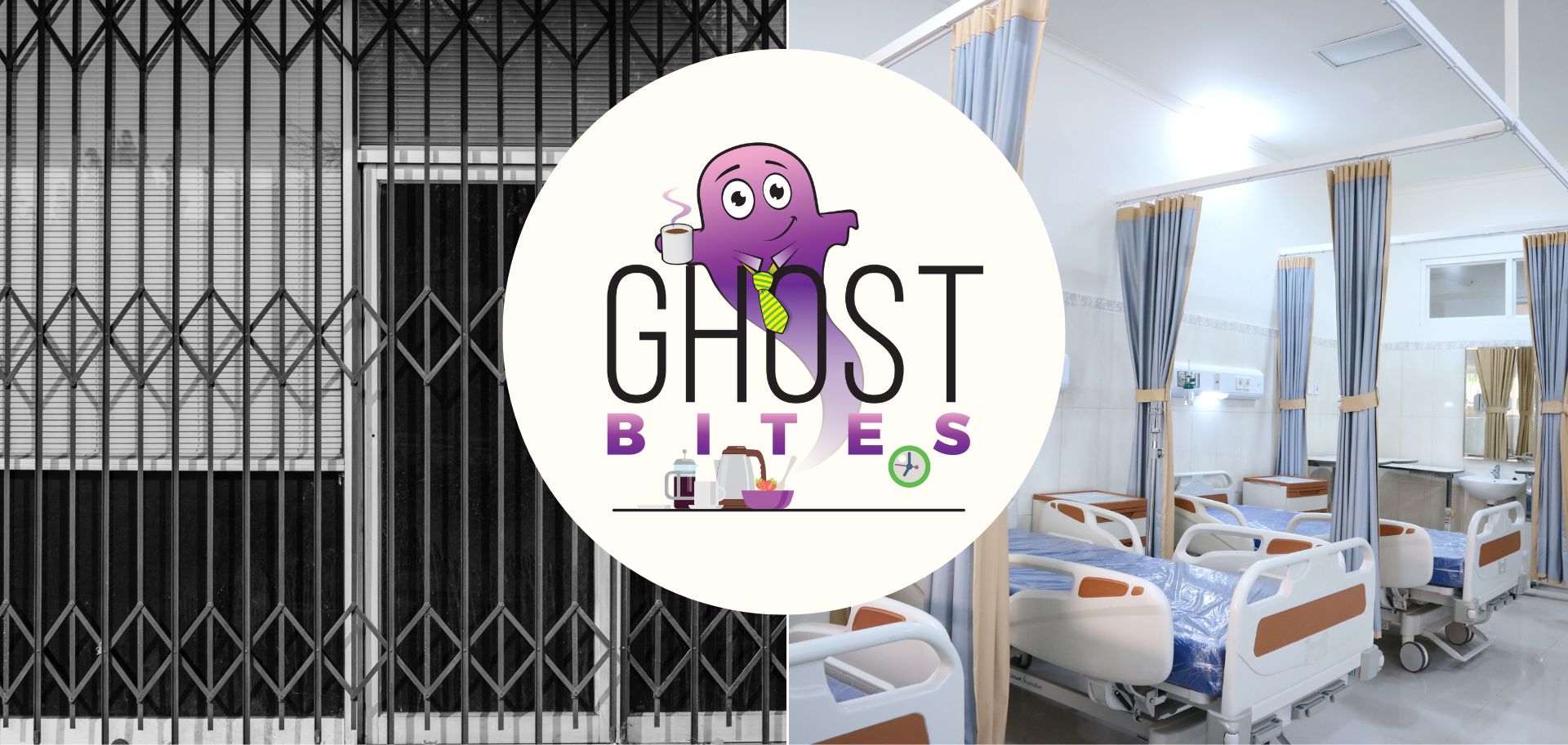

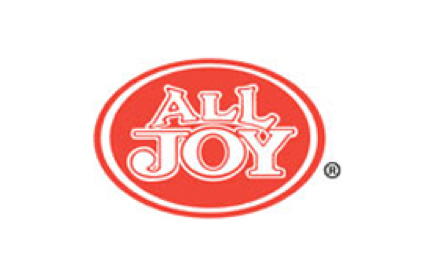
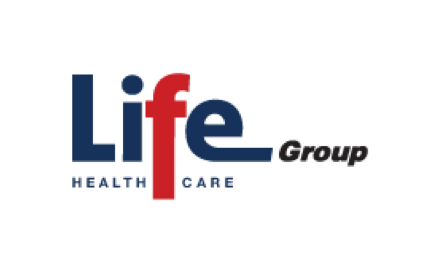
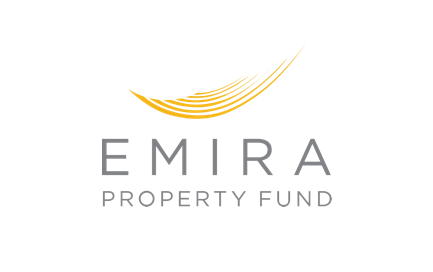
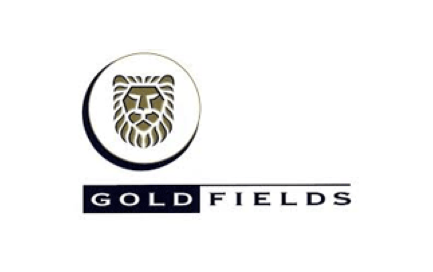
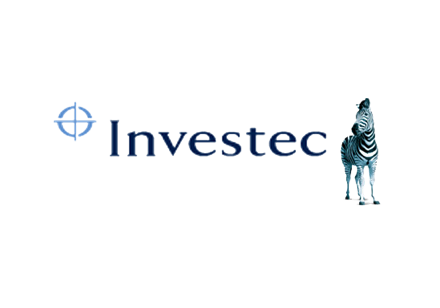
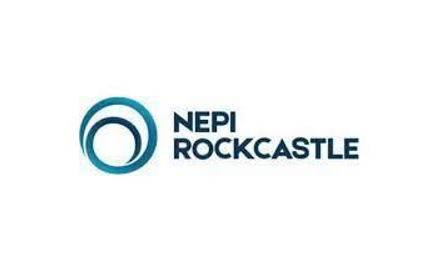
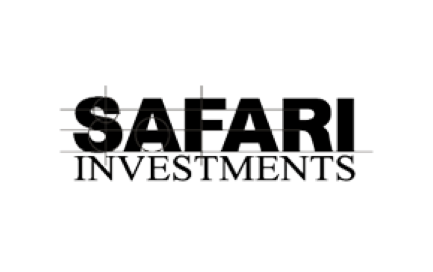
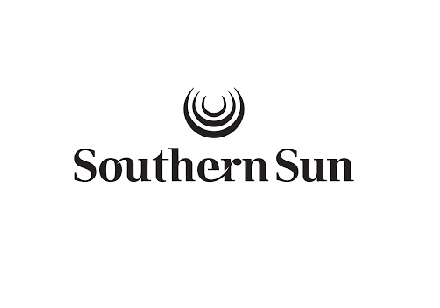
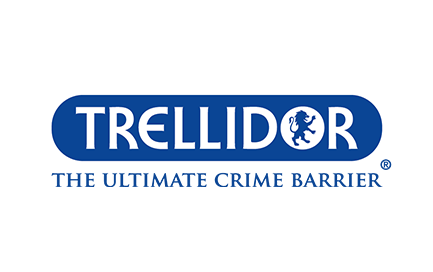
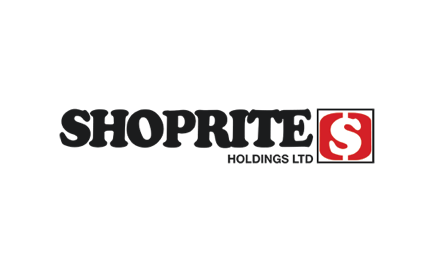
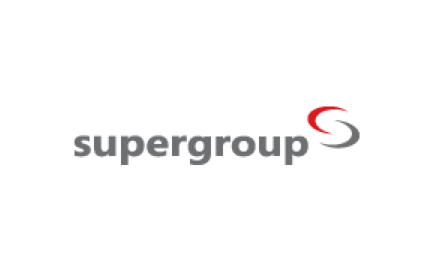
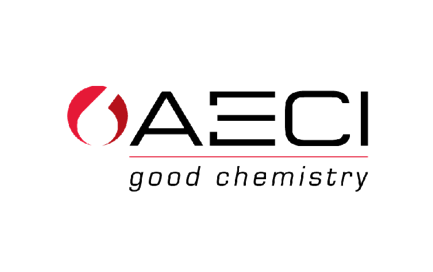
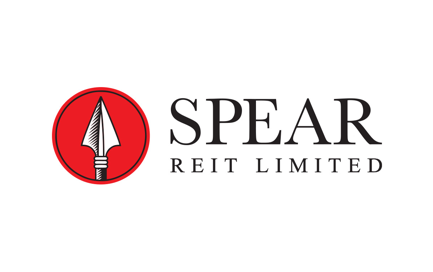
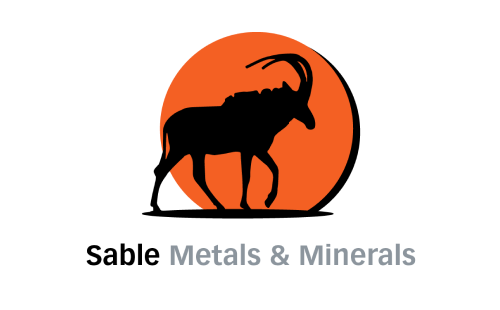
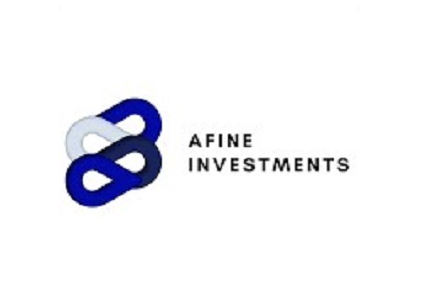
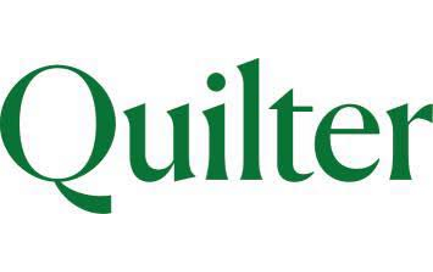
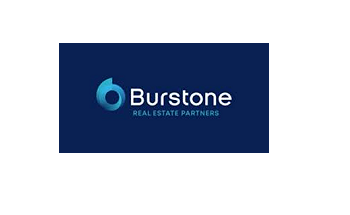
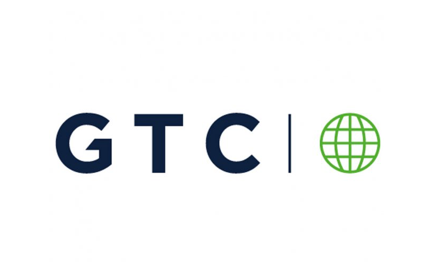


If you do the numbers, they may make 60cents to year end March 2024.
There is big big upside here.